Brazil - Phone app to forecast risk of crop failure
01.03.2016 258 views
ScaleAgData Stakeholder Engagement Event
22.10.2024The ScaleAgData project is pleased to invite you to our second stakeholder event. Building on the discussions and connections formed during our first webinar, this event will focus on fostering collaboration among stakeholders, providing updates on our project’s progress, and outlining future opportunities for engagement.

Ghana - Regenerative agriculture to increase yields, diversify incomes
A multi-national consortium of researchers and policymakers in Ghana is positioning regenerative agriculture as a new frontier for investment, farmer revenue growth and data-driven innovation within the agricultural economy.
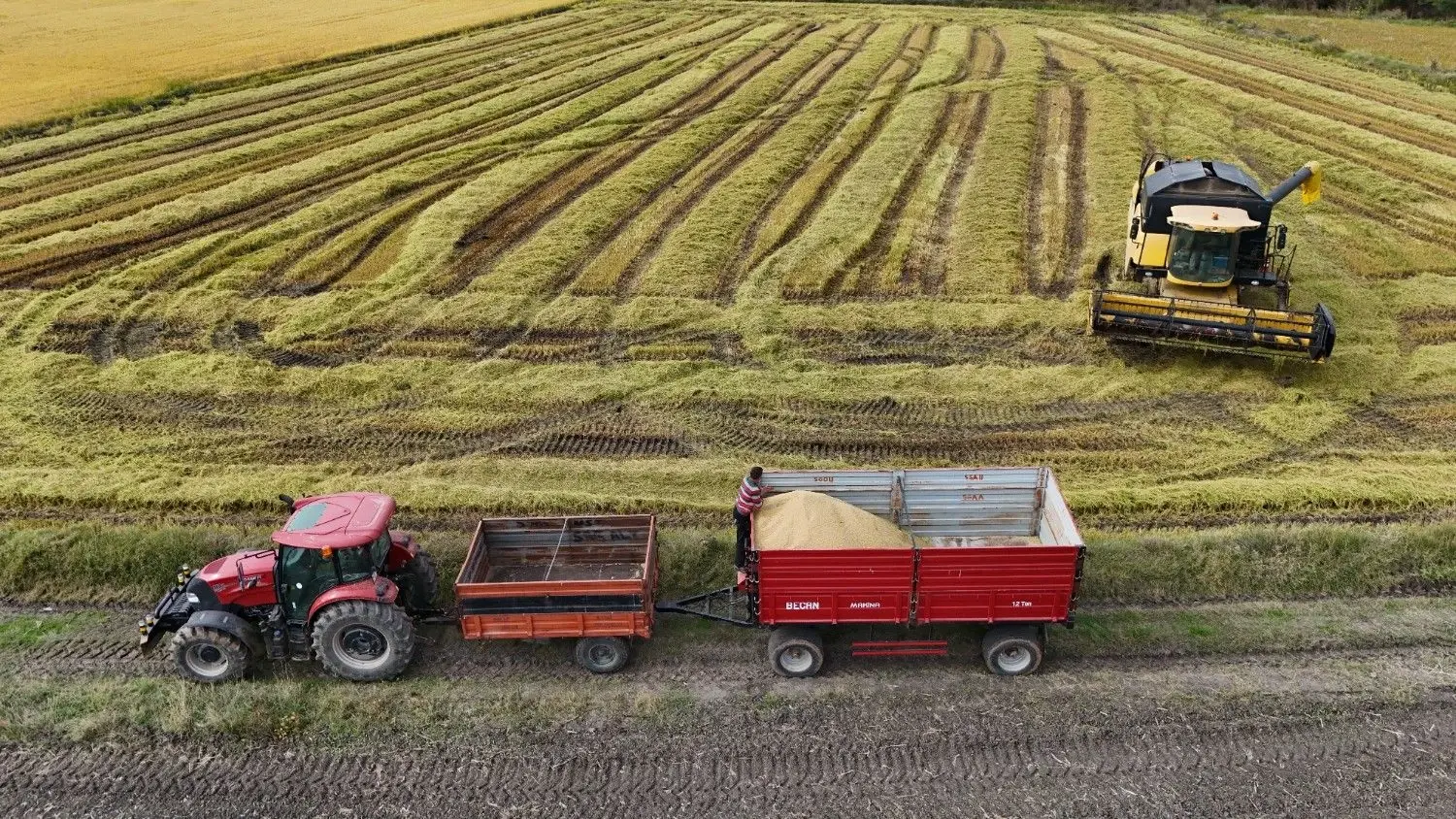
Turkey - TARSİM pays out over $640 million in agricultural insurance claims
Türkiye’s Agricultural Insurance Pool (TARSİM) has paid 27 billion Turkish Liras ($643 million) in compensation to insured farmers and producers this year, according to Deputy Minister of Agriculture and Forestry and TARSİM Board Chairman Ahmet Bağcı.
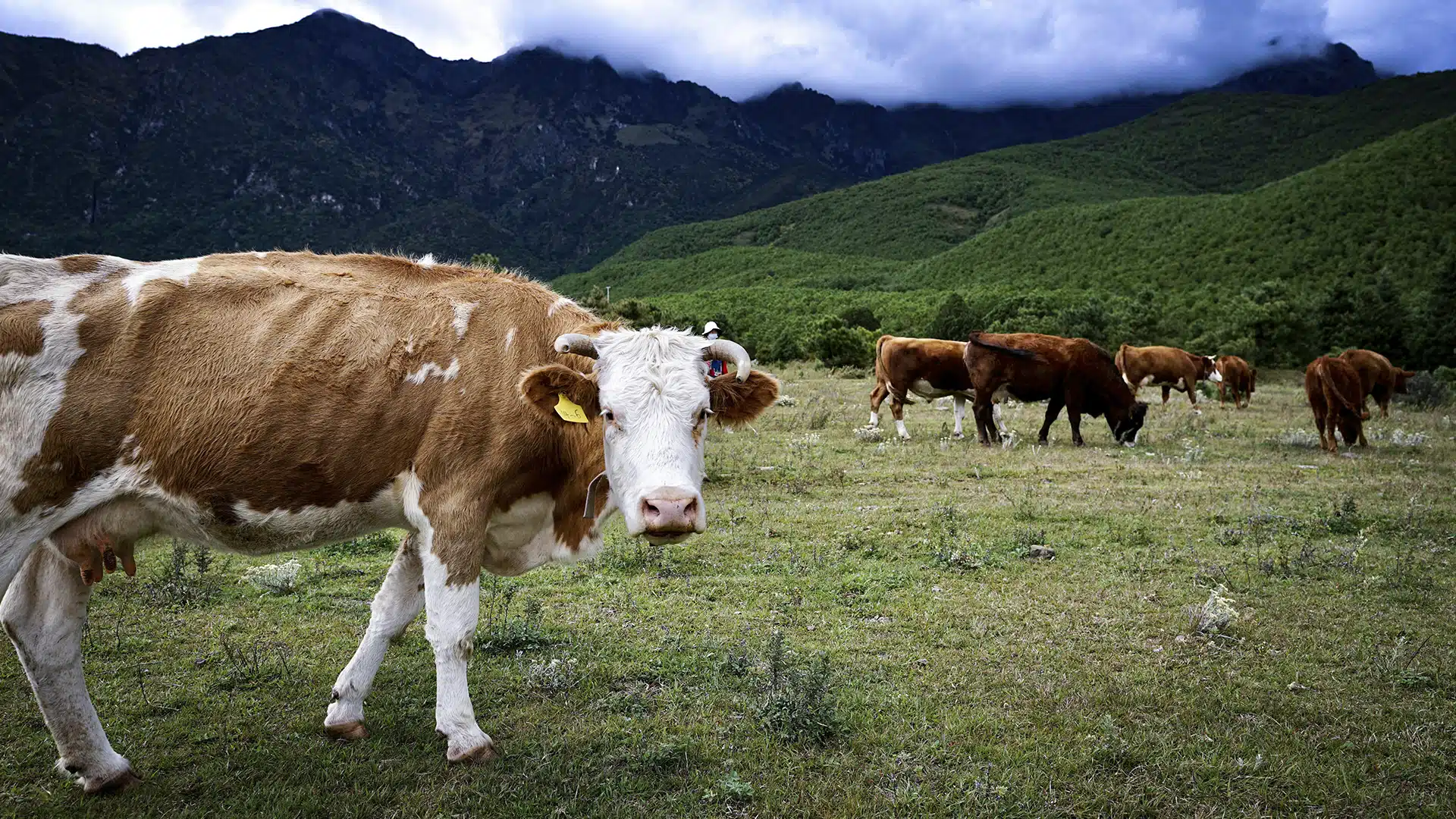
Fence, but no fence: Sweden and Denmark to legalize virtual fencing
Sweden and Denmark will soon legalize virtual fencing, a new technology that allows farmers to contain livestock using GPS-enabled collars instead of traditional wire barriers, according to Euronews.
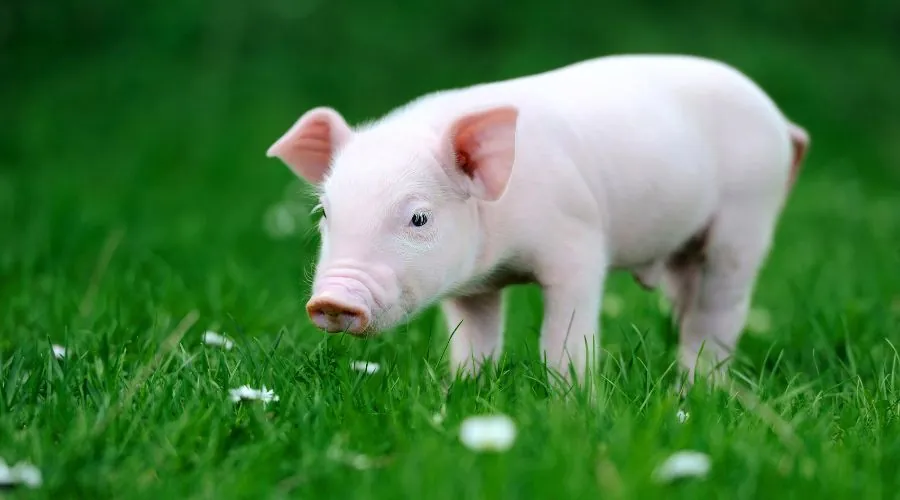
Scientists develop gene-edited pigs resistant to deadly viral disease
Researchers have created pigs that are resistant to classical swine fever (CSF). When exposed to the virus, gene-edited pigs remained healthy, while unedited animals showed typical signs of disease, a study found.
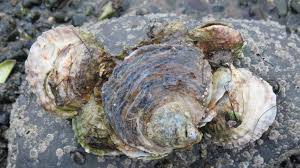
UK - Genetic breakthrough bid to save native oyster and boost aquaculture
Aberdeen University and NativeAqua partnering on one-year project focused on improving resilience and commercial viability of native oyster stocks
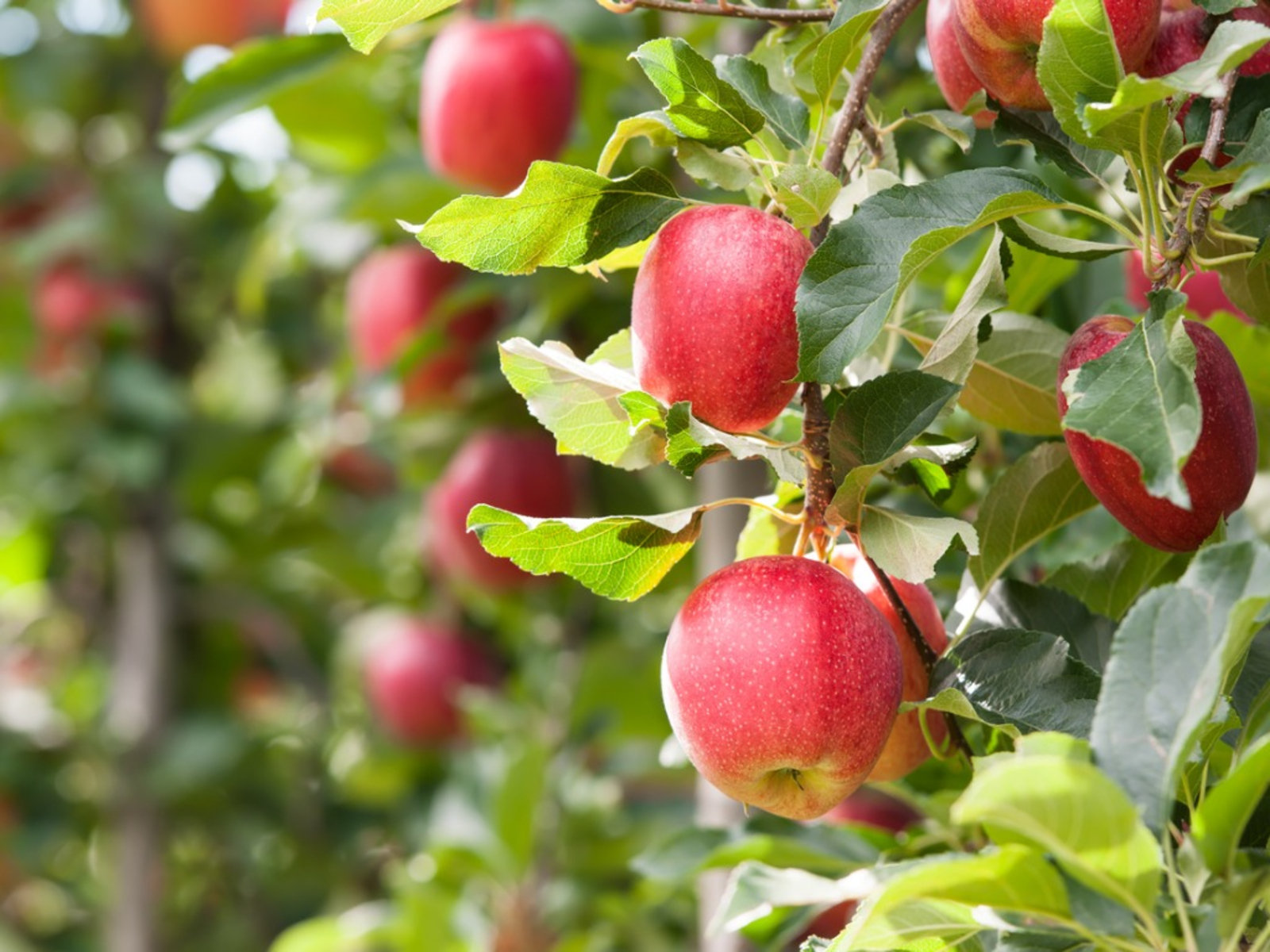
South Korea - Farmers raise alarm after unexpected phenomenon wipes out key crop: 'This concept didn't even exist'
Extreme weather events have led to an unexpected phenomenon in Korea, wiping out apple crop yields. Amid rising global temperatures and intense rainfall, the fruit is struggling to survive.
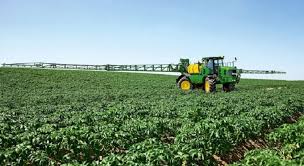
Nigeria - Namadi approves N30bn road projects to boost agriculture, infrastructure in Jigawa
Governor Umar Namadi of Jigawa State has approved the construction of three major roads in Miga Local Government Area valued at over N30 billion, as part of efforts to enhance infrastructure and support agricultural productivity in the state.
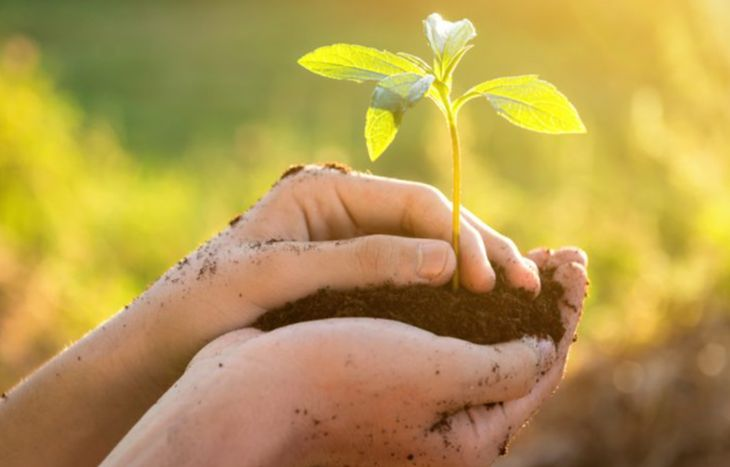
Scientists urge rethinking the role of field trials in agricultural research
A new article published in Nature Plants calls for a reassessment of how genetic technologies for agriculture are evaluated.




